Hybrid cloud and Multi cloud - Home of your files
The term "multi-cloud" describes the blending and integrating of various public clouds. One public cloud may be used by a company as a database.

Hybrid cloud and Multi cloud - Home of your files
Table of Contents
The term "multi-cloud" describes the blending and integrating of various public clouds. One public cloud may be used by a company as a database, another as PaaS, another for user authentication, and so forth.
A private cloud or on-premises data center may also be a part of a multi-cloud deployment, making the cloud deployment technically a hybrid one.
A hybrid cloud combines on-premises or private cloud computing with public cloud computing. Any IT infrastructure that functions inside a company network qualifies as on-premise infrastructure, including internal data centers.
Deployments of hybrid clouds are fairly typical. Some businesses migrate partially to the cloud but decide against going completely because it would be too expensive or resource-intensive. As a result, some business processes, business logic, and data storage are still handled by legacy on-premise infrastructure.
Businesses may also opt to use a hybrid cloud strategy to benefit from the larger resources and lower overhead of public cloud computing while keeping some processes and data in a more controlled environment (such as a private cloud or on-premise data center).
What sets hybrid cloud computing apart from multi-cloud computing?
The terms "multi-cloud" and "hybrid cloud" both describe cloud deployments that combine multiple clouds. The types of cloud infrastructure that each one uses varies.
While multi-cloud combines different clouds of the same type, hybrid cloud infrastructure combines two or more different types. You could compare multi-cloud to combining different types of apples, while hybrid cloud is like combining apples and oranges.
Multi-cloud refers to the distribution of cloud-based resources, programs, and applications across numerous cloud environments. The multi-cloud infrastructure is kept up to date specifically for a given workload thanks to the mix-and-match technique used by different cloud services. The ability to utilize two or more cloud services or private clouds in place of relying solely on one is the primary benefit of a multi-cloud for many businesses. On the other hand, multi-cloud does not permit the linking of these various services.
A combination of on-premises private clouds and third-party cloud services is referred to as a "hybrid cloud." It is known as a public and private cloud in addition to conventional data centers. Fundamentally, it is composed of different cloud configurations. It is possible to combine two different cloud types, including two private clouds, two public clouds, or one public cloud and one private cloud.

Read More:- Hybrid Cloud-Cloud storage is all you need
What Advantages Do Hybrid and Multi-Clouds Offer?
Security and compliance of data
Businesses that want to expand quickly and enter new markets must look for solutions that will enable them to do so without sacrificing security. Companies must adhere to ever-stricter levels of compliance as data privacy regulations become more prevalent, such as the General Data Protection Regulation (often referred to as GDPR).
A multi-cloud strategy might be more effective than businesses configuring their own exclusive on-premise data centers for compliance. Because providers have more specialized staff and resources concentrated on cutting-edge technologies to keep your infrastructure safe, multi-cloud computing frequently offers better security than on-premise computing.
Hybrid cloud models, on the other hand, can be advantageous to sectors like finance, healthcare, and government services that may require tighter control over extremely sensitive data. Companies may be able to exercise greater control over sensitive data and procedures using a model that combines a public cloud with a private cloud or on-premise infrastructure. For instance, in the financial sector, businesses may use a private cloud to ensure tailored compliance with stringent security standards and governmental regulations, while still taking advantage of public clouds' cost savings and resource sharing for less important parts of their ecosystem.
Aspects of Cost
Keeping costs low without sacrificing employee productivity or the caliber of the services provided by the company is another issue that frequently arises for businesses. You can choose the cloud services that offer the best value for your money by combining a number of them and utilizing the expertise and price points of various providers.
Public cloud multi-cloud computing offers greater usage cost visibility and controls to aid teams in cost optimization. A team working on a particular application has more visibility into the cost of their compute so they can make performance and optimization decisions with more knowledge. Public multi-clouds will probably cut down on the overall cost of on-premise infrastructure, but if they are not properly monitored and optimized, they may end up costing more. Companies will be able to put any savings back into the teams developing applications instead of having to pay for hardware and datacenter space. This is a step in the organization's evolution to a cloud-native workflow. Private clouds, however, offer resources.
Comprehensive Services
Different service types can be integrated across clouds using multi-cloud models. One provider might be particularly good at AI solutions while another might be better at database management or SaaS. You can incorporate the best of all worlds by combining the services of both providers. Multi-cloud management models give you more flexibility to manage cloud services in a way that best suits your company's requirements.
However, keep in mind that you might need to combine services from a private cloud with those from a public cloud. For instance, it's possible that you use outdated systems or that your company deals with sensitive data that needs to be tightly controlled. Or you use cutting-edge, specialized technologies that are not offered by public clouds. In this situation, combining the customization of a dedicated private cloud with a public cloud that enables resource scalability in response to traffic spikes may be a good idea. By using a public cloud for less sensitive data and storing only sensitive data there, you can cut costs.
Storage of resilient data
If configured properly between availability zones and regions, multi- and hybrid cloud models reduce the impact of outages. Specialized teams at cloud providers are always testing for and fending off threats. Additionally, these models incorporate redundancy. For instance, if you only use one cloud provider, any kind of blockage, equipment breakdown, or cyber threat could have disastrous effects if you don't use good cloud native development practices and the built-in features of the cloud providers to mitigate these problems.
Hybrid designs are also tough. Because it combines both public and private clouds, this model might not have as much built-in redundancy as a multi-cloud model. Additionally, if your hybrid cloud includes on-premise infrastructure, it becomes even less resilient. Your team is responsible for resolving any problems that arise when you have control over those elements of your computing environment.

Read More:- Multi cloud management- Keeping storage simple and efficient.
Conclusion
After all, IT has developed to the point where it is a genuine corporate resource with a strategic purpose. To determine which cloud model is best for your organization, it is crucial to carefully assess your needs.
Ideally, the technology department should thoroughly evaluate the business's requirements. A cloud-based environment was typically chosen by businesses looking to scale and significantly transform their products and processes. A hybrid cloud environment, on the other hand, may be preferred by stronger, more complex, and more seasoned businesses.

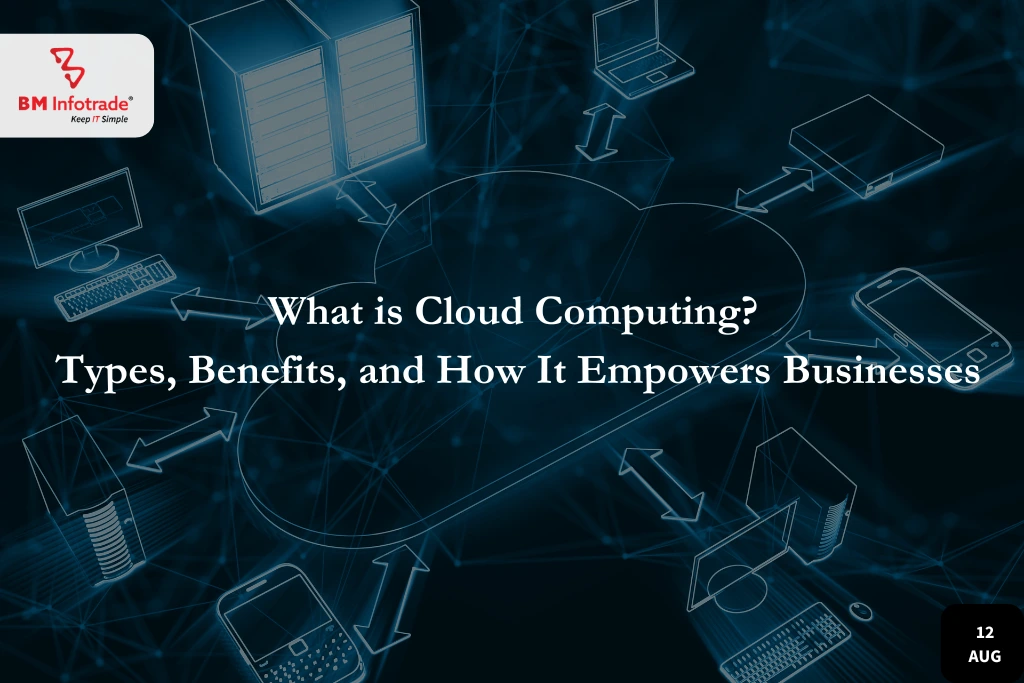

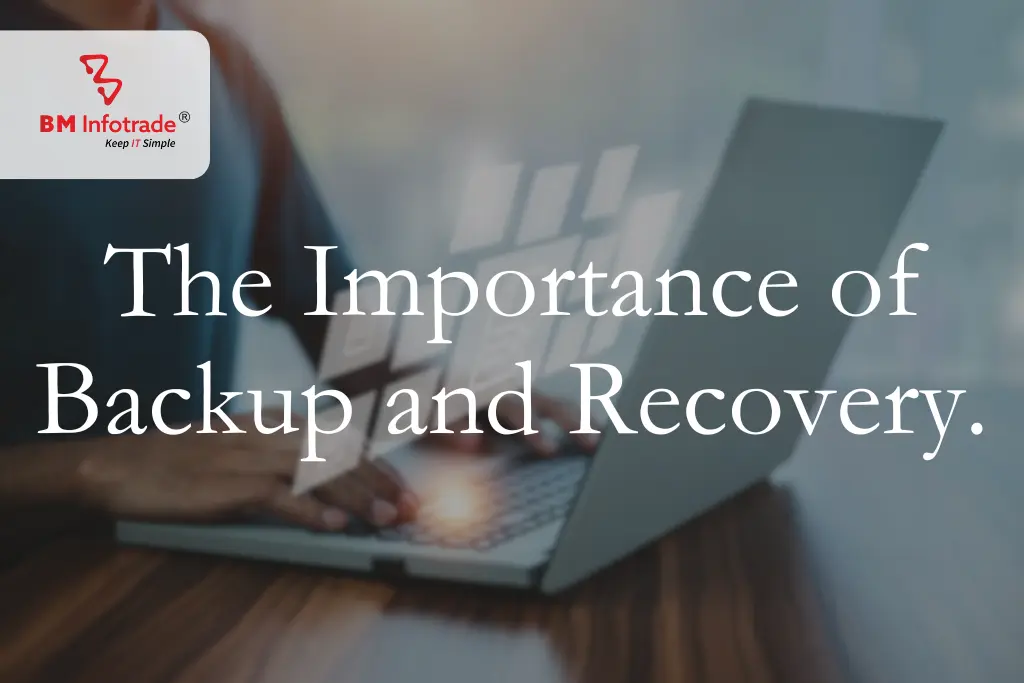
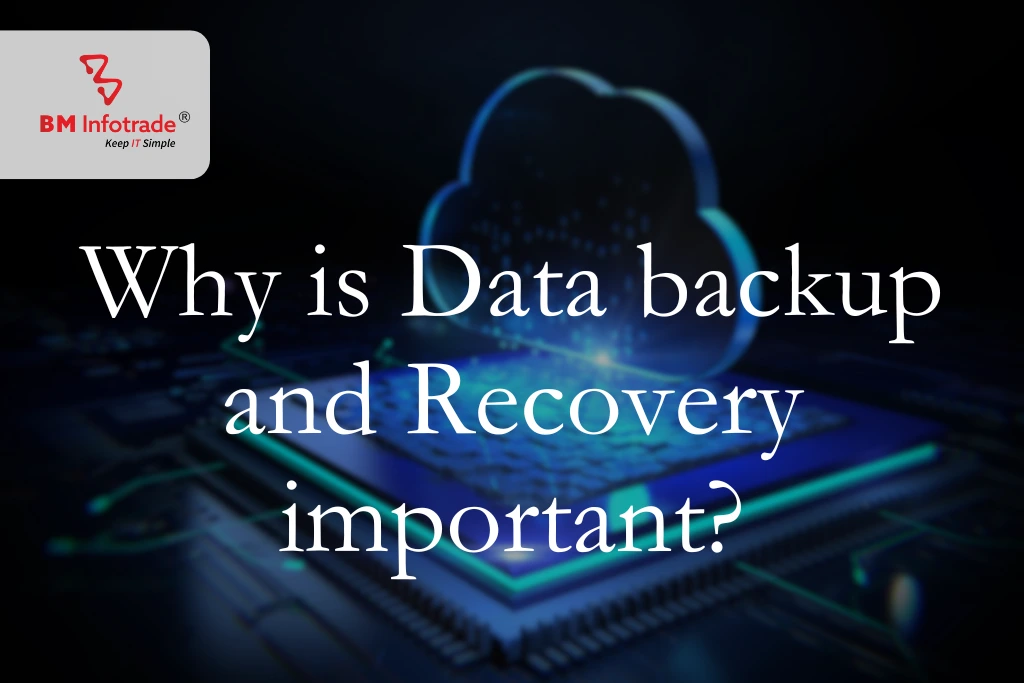
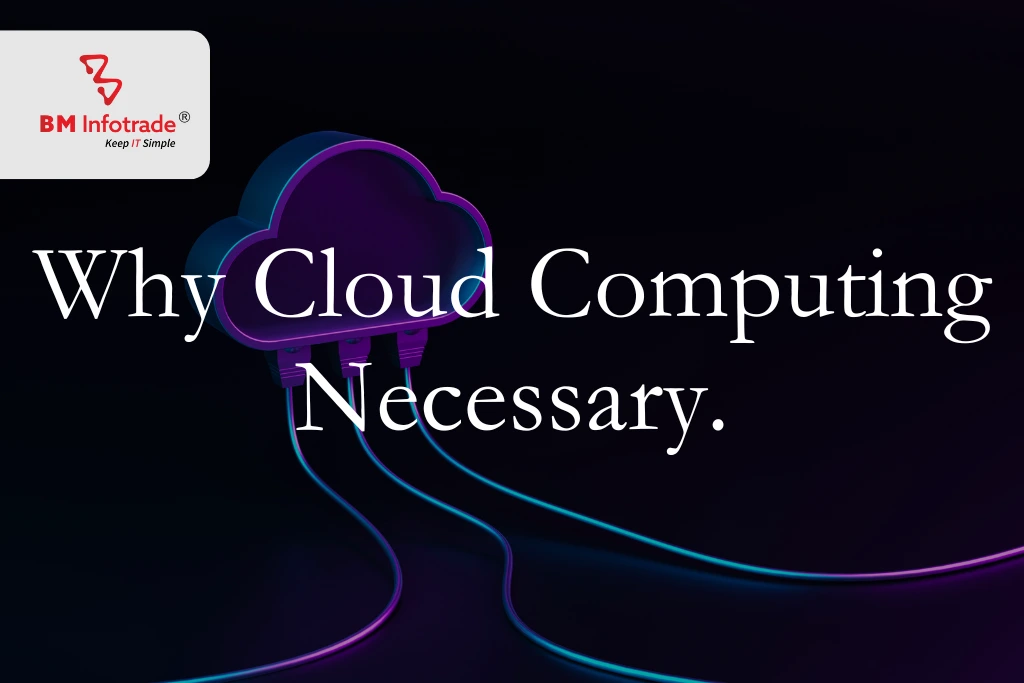
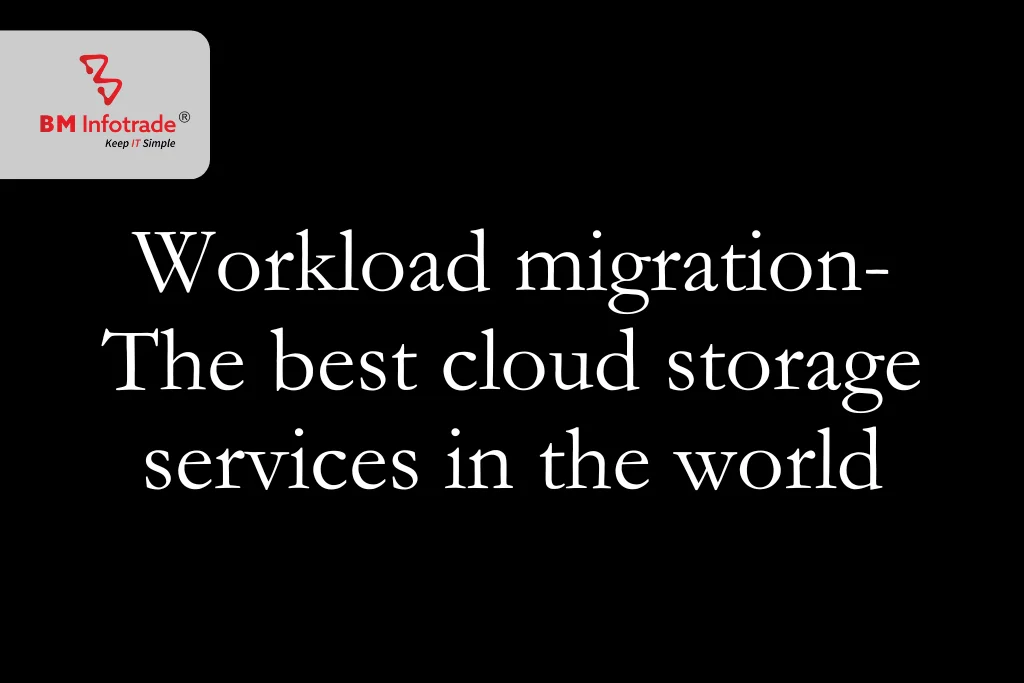
Anshul Goyal
Group BDM at B M Infotrade | 11+ years Experience | Business Consultancy | Providing solutions in Cyber Security, Data Analytics, Cloud Computing, Digitization, Data and AI | IT Sales Leader